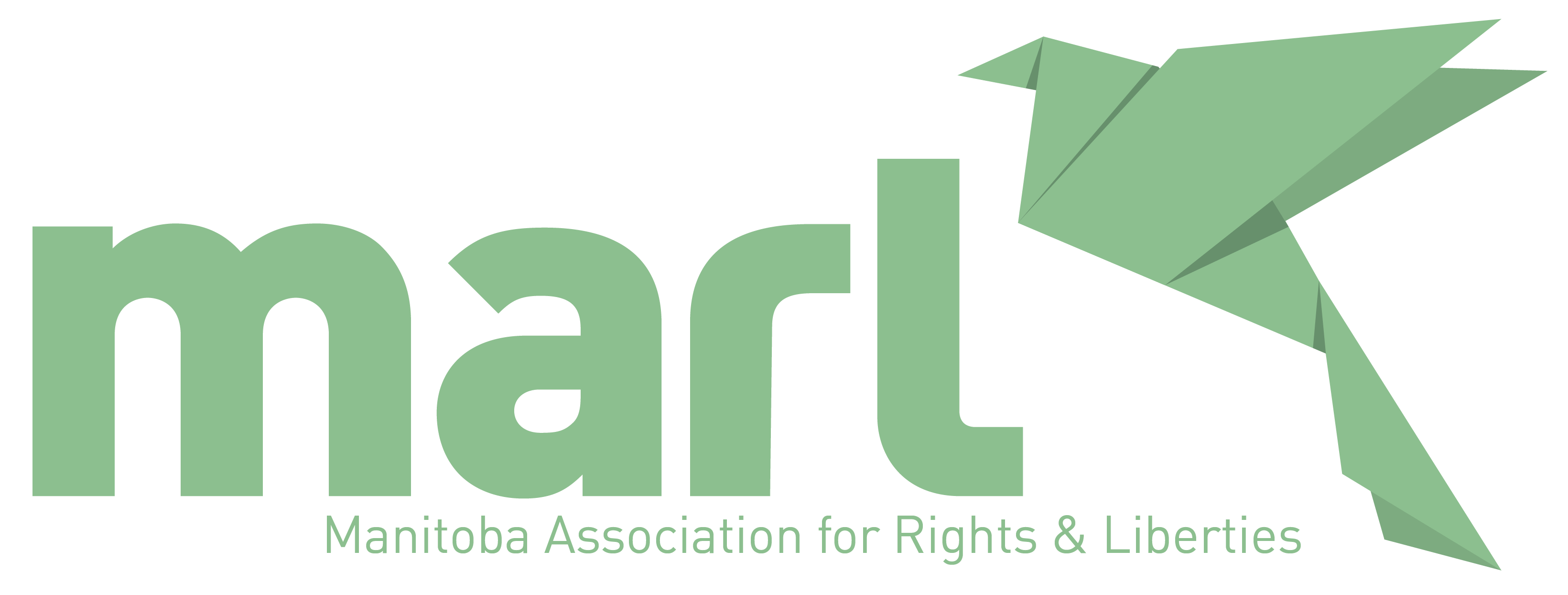July 21, 2020
Virtual Ethics Café: COVID-19 & Racism (Part 2 of 3)
First Nations Communities, Land Management, and Structural Racism
Question 2: Many First Nations communities have access to fewer doctors, don’t have food security, and have no access to safe drinking water. These inequalities result in higher rates of chronic illness due to poor housing and an increased risk of getting tuberculosis. As governments allow companies to resume operations, Indigenous communities, like in Northern Manitoba and Nunavut, will see an influx of workers that pose an increased risk of disease transmission. How much access should government/companies have to traditional Indigenous lands and surrounding areas? What responsibility do companies and governments have to ensure that these communities are safe?

This discussion started by recognizing the history of colonialism and the dynamics of the relationship between First Nations communities, the government, and companies. When looking at development on Indigenous land there is a history of neglect, where government and companies forge ahead without consulting with local communities. It was recognized that First Nation communities need to have the ability to decide how they interact with government and companies when making decisions about their land.
Before answering the question, it was mentioned that the question has paternalistic qualities reminiscent of colonialism. Before the event, this question had the most edits and suggestions by Café organizers. There were concerns about what assumptions were made, or could be made, regarding the specific wording and organization of the question. Someone also mentioned that this was a difficult question for non-Indigenous folks to share their comments.
The intention of the discussion is to create awareness about issues faced by Indigenous people and have a dialogue on what we expect from the government in relation to these issues. In Canada, Indigenous communities experience significant racism at various levels in their personal lives and structural racism in a variety of government, community, economic, and social systems. Therefore, it was essential to have a question on Indigenous issues as part of the reconciliation process and acknowledge that we still have a long way to go to fully address these issues.
We discussed the government’s responsibility to provide resources and allow First Nations communities to live autonomously. Therefore, treaty obligations and Indigenous self-determination are important components of this discussion. Groups also discussed the diversity of First Nations communities across Canada and some of the politics surrounding communities that are on treaty land and unceded territory. Each community has unique characteristics and infrastructure that influence the relationships between them and the federal government. Therefore, excellent communication among communities, government, and private companies is key when addressing what should happen on specific pieces of land.
There was a distinction made between government and companies going onto land for the development of infrastructure for communities and resource extraction. Traditional and ancestral lands are a source of health and healing for Indigenous peoples. Hunting and gathering are skills that are passed down through generations. These practices are important components for teaching the culture. Hence, it should be First Nations communities that decide what should be done on their land. Unfortunately, the majority of development in Northern communities is focused on resource extraction as opposed to the development of infrastructure for communities. Most First Nations communities need infrastructure. Therefore, there should be government initiatives to improve infrastructure development by offering the assistance that communities need and want without deciding what should or shouldn’t be done for the community.
When addressing COVID-19 and the possibility of disease transmission, there is a history of disease transmission at several stages of colonization. The transmission of smallpox when Europeans immigrated to Indigenous land had catastrophic effects in Indigenous communities. Tuberculosis killed many children in residential schools. While there is no difference in immunity to COVID-19 in First Nations Communities, the presence of many pre-existing conditions in this population increases the risk factors for many people in these communities. Crowded housing and lack of running water in some communities make social distancing impossible. It was asked: Who benefits in the North when housing is so scarce that people sharing spaces need to sleep in shifts with no running water? Will this change as a result of COVID-19?
In post-colonial spaces, short term measures for the vulnerable are not adequate; there needs to be infrastructure that supports communities for long term health. Changes in policy and funding are critical to the development of healthy communities. Along with physical health, there is a need for mental health supports in many communities, especially in areas that already experience isolation due to their geographic location.
Currently, there is not equal access for all communities to healthcare, education, and infrastructure. Therefore, as a country, we need to understand the systemic issues that impact Indigenous peoples, including poverty, colonialism, and racism. Canada has a historical responsibility to honor Indigenous peoples and their rights to the land. Consequently, it is crucial to re-examine existing relationships with Indigenous peoples to ensure that we are not just repeating paternalistic and colonial practices.
This series is to be continued. The following question will address defunding/disbanding the police.
you may also like…
April 18, 2024
From citizens to digital citizens
Social media provide an opportunity to communicate in multiple ways, just as never before in history. Nonetheless, there are dangers and risks as well. We should be aware of them to protect ourselves …
April 18, 2024
Des citoyens aux citoyens numériques
Les réseaux sociaux offrent la possibilité de communiquer de manières très diverses, comme jamais auparavant dans l’histoire. Néanmoins, ils comportent aussi des dangers et des risques. Il faut en être conscients pour nos …





